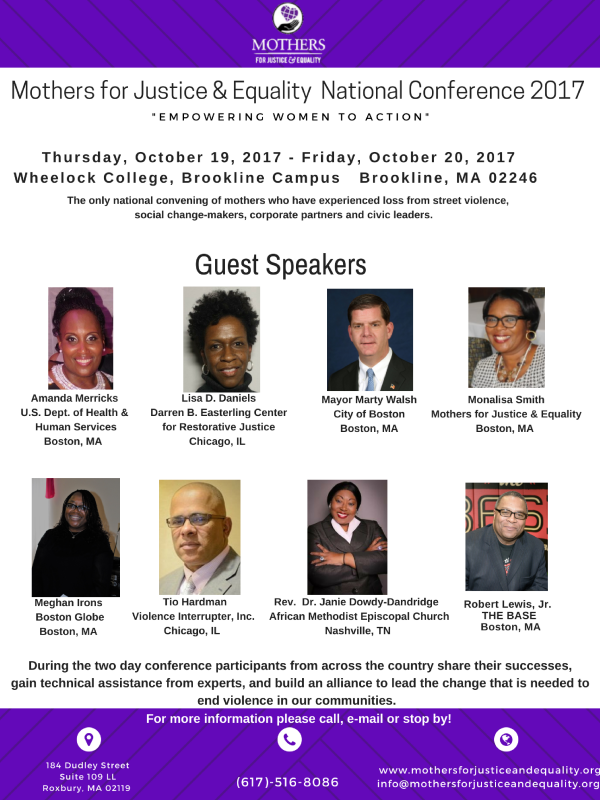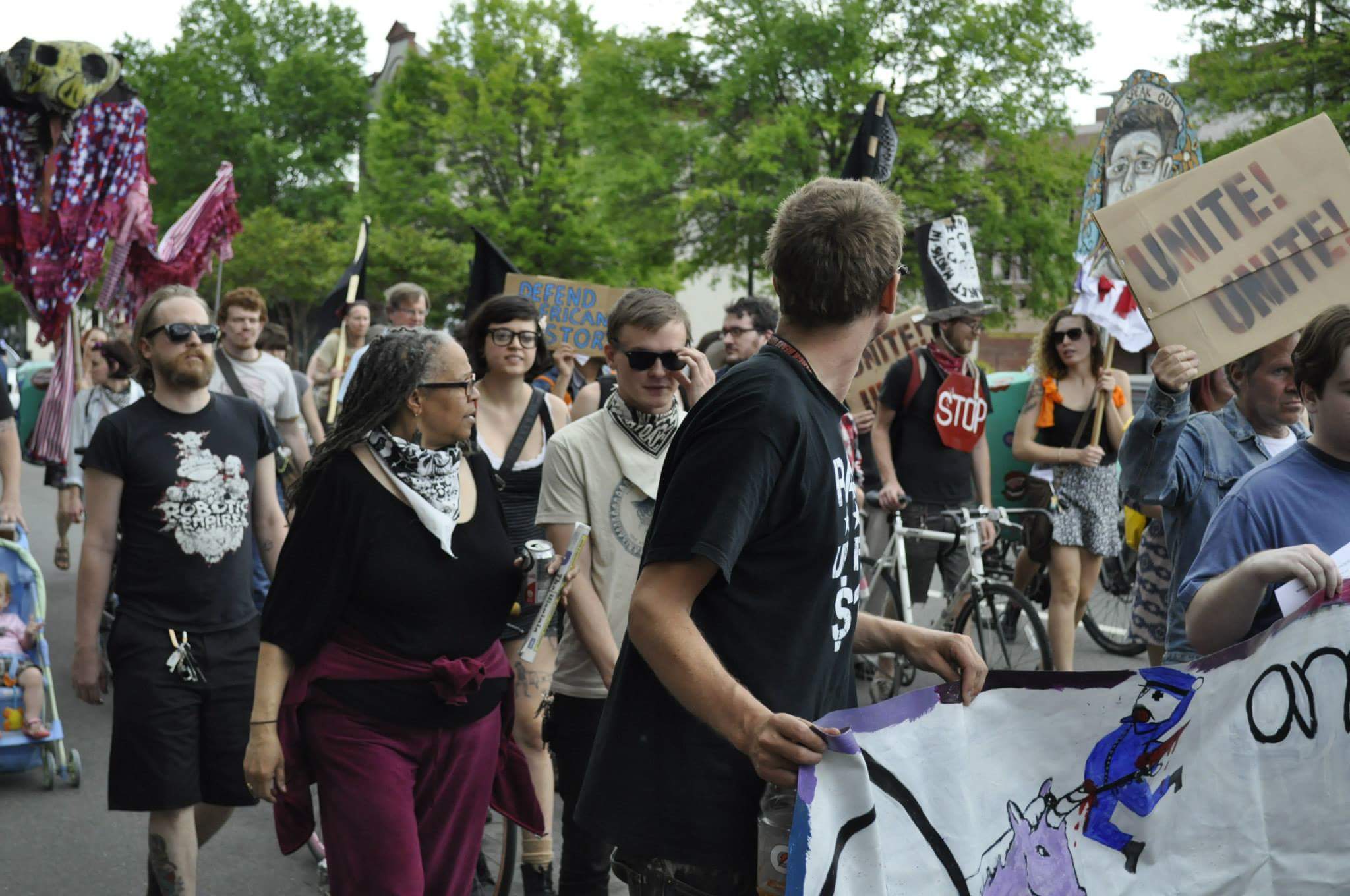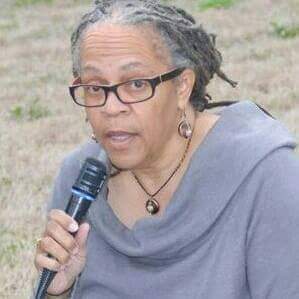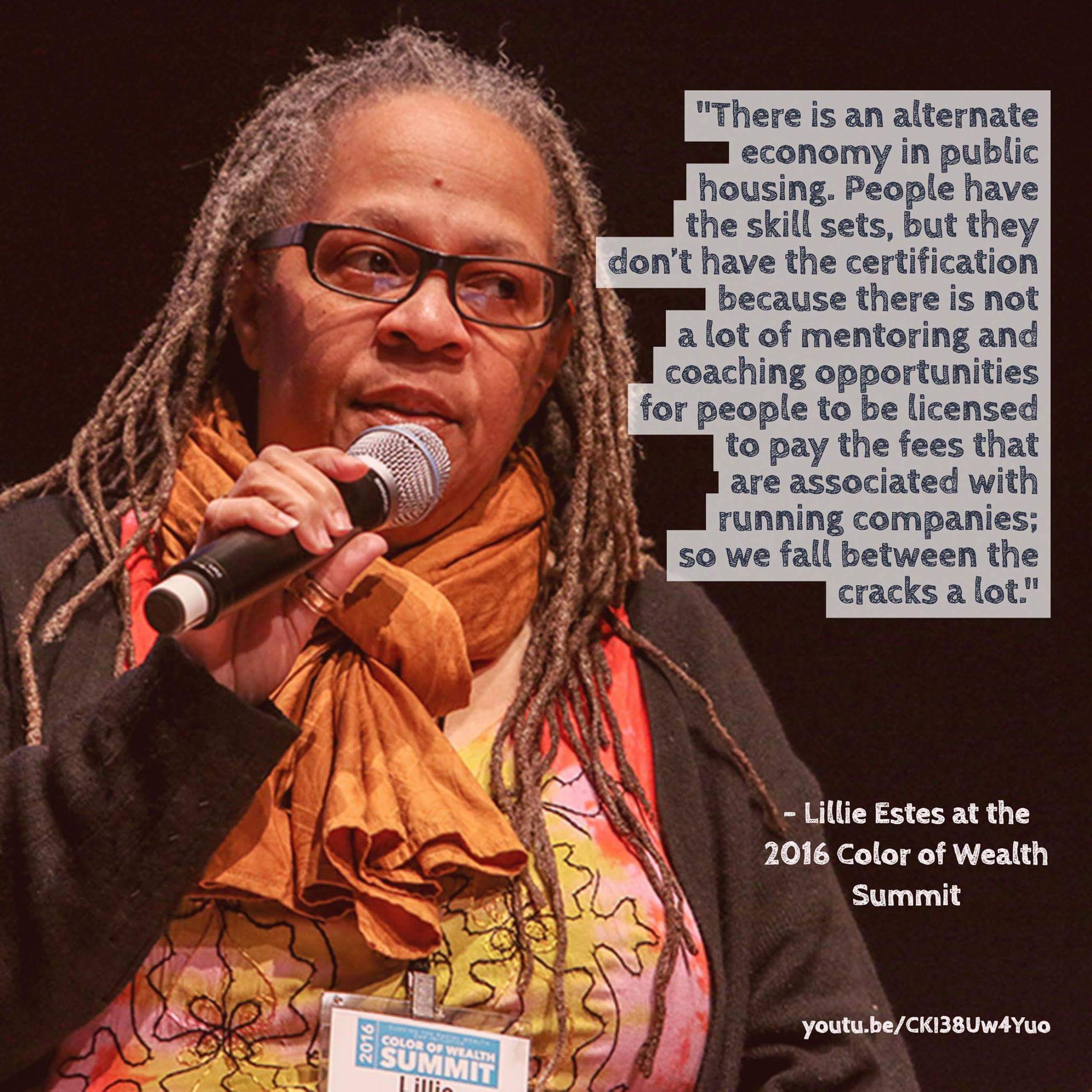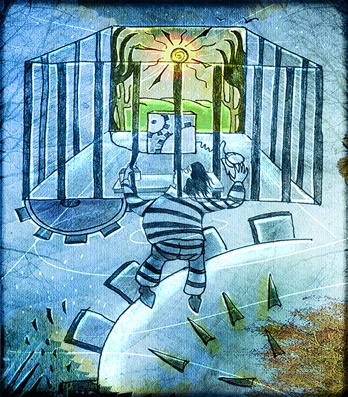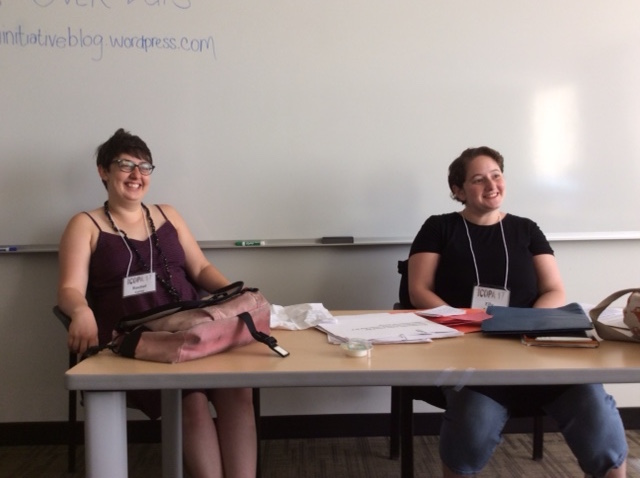From the Mothers for Justice and Equality website, from Day 1 Conference, Oct. 19, 2017
Mothers for Justice and Equality (MJE) held its national conference on October 19th and 20th, and true to its mission, shared the voices and visions of those across the country who came to Boston with messages about the fight against violence.
The video above gives a short summary of the conference and highlights some of the stupendous work of President Monalisa Smith, as well as many other supporters and members of MJE.
According to the MJE website, the organization was founded by mothers who lost children to community violence. What was stressed throughout the conference is that the pain of a mother who has lost a child to death or prison is palatable, tragic, relentless. Such violence is “not okay” and “not acceptable in any child’s life.” To help those left behind who deal with ongoing loss, MJE developed the “You Matter: Personal Leadership Training” in 2013. In 2014, MJE began a Youth Peer Leadership program, and a year later, a Workforce Readiness Initiative. In 2015, they expanded to work with prisoners inside and help those formerly incarcerated men and women coming back to their communities.
“When my son died, a part of me died,” a woman said in a short video that kicked off the conference, highlighting MJE’s work. Another woman who first dealt with trauma by drinking eventually found MJE, but not before wanting to destroying herself. “To most mothers, justice has never been about getting revenge,” she said.
Reverend Janie Dowdy-Dandridge talked of how she lost her grandson to street violence. “Everybody has a breaking point, ” she said, quoting the story of Rizpah, a mother of murdered sons from the Old Testament, a woman who was like many: “beat down by death, defeat, or discouragement.” But she found her way. Likewise, Victor Santana, who lost his brother in a tragic accident, saw how stress seeped into his daily life, and coped by developing a workshop on resilience. Robin David, from Tennessee, lost her son, and has since become a motivational speaker. “My goal is to help women learn to live in their truth,” she said.
While there were many panels and speakers that gave hope to those who had been victims of violence, there were a variety of participants, indicative of a variety of perspectives. One participant said that she attended because, “I need to learn how to hold on to my son.” Boston Mayor Marty Walsh addressed the conference and spoke highly of MJE’s work, saying he had now established an Office of Returning Citizens, and is working on hiring more men and women returning home from prison. he said, “Kids need to feel they belong even if they are just coming out of jail.”
An interesting panel included three young black men talking on race and justice from a youth perspective. When they were asked “What do you think of when you hear the term race and justice?” they gave a variety of answers. Cedric said he thought of young Black males losing their lives, which “challenges me on a daily basis.” He added that the membership of the police force “doesn’t reflect us or our community.”
Corine asked “What is race and why is it called race?” He pointed out the irony of the word “race” as in running, used as a verb, and implying a “best,” i.e. “Race matters because we are running a race.” And “When I am just walking down my street, why aren’t police officers speaking to me? Would they, if I were white?”
Shaygun said “Race informs justice.” He clarified: “It may not be a definable term, but I know when it exists. I shouldn’t be in the streets demanding something that my grandmother demanded 50 years ago. Justice means resolving issues still plaguing us today.”
They all said that injustice is informed by simple things like busses not coming as frequently in Mattapan as in Brighton. Air pollution is worse in communities of color, they agreed. Cedric said that free time is toxic for him. If he is with friends who hang out on his street, he is constantly harassed. An example he gave was when police assumed that when he gave $3.00 to a friend for “munchies,” it was a drug transaction. Photo by MJE
Photo by MJE
The title of this conference was “Empowering Women to Action.” And MJE’s operating model, per their website, hinges on two key mechanisms: “1) Education empowers MJE members by providing the leadership tools they need to take action and make change; and 2) Engagement includes public actions and campaigns that challenge the normalization of violence, providing members with opportunities to act as catalysts for change at home and advocates for change in their community.”
This conference is a great tool to both educate and give participants a boost towards action.

